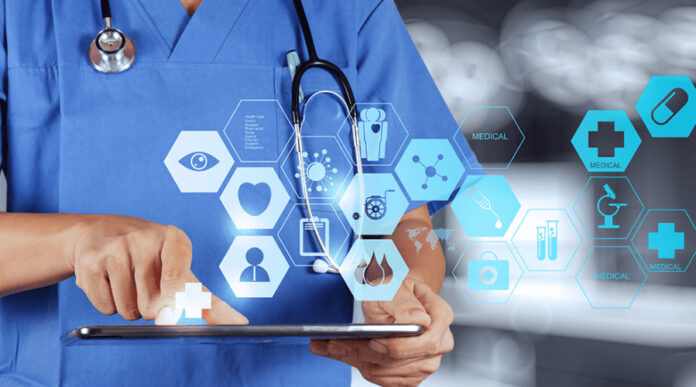Machine learning is revolutionizing many industries, including healthcare. With the vast amounts of data generated by medical institutions and research organizations, machine learning algorithms can be used to identify patterns and trends that were previously hidden. This has the potential to lead to more accurate diagnoses, more personalized treatments, and better outcomes for patients. Here are some ways in which machine learning is transforming the healthcare industry.
- Early Detection of Diseases Machine learning algorithms can be used to analyze large datasets of patient health records, genetic data, and other factors to identify patterns and predict the onset of diseases before they occur. This allows for early detection and treatment of diseases, potentially saving lives and improving outcomes.
- Predictive Analytics Machine learning algorithms can also be used to analyze patient data to predict the likelihood of certain conditions or complications. This can help healthcare providers develop treatment plans that are tailored to the specific needs of each patient.
- Personalized Treatment Plans Machine learning can be used to analyze a patient’s medical history, genetic data, and other factors to create personalized treatment plans that are tailored to the individual’s unique needs. This can lead to more effective treatments and better outcomes for patients.
- Medical Image Analysis Machine learning algorithms can be used to analyze medical images such as X-rays, CT scans, and MRIs to identify patterns and anomalies that may be difficult for human radiologists to detect. This can help with the early detection of diseases such as cancer, and can also improve the accuracy of diagnoses.
- Drug Discovery Machine learning can be used to analyze large datasets of chemical and biological data to identify potential drug candidates. This can help accelerate the drug discovery process and lead to the development of new treatments for a wide range of diseases.
- Electronic Health Records (EHRs) Machine learning algorithms can be used to analyze electronic health records to identify trends and patterns that can inform healthcare providers about the best treatments for specific conditions. This can also help healthcare providers identify patients who are at risk of developing certain conditions and provide early interventions.
In conclusion, machine learning is transforming the healthcare industry by providing new insights into patient data, enabling early detection of diseases, and developing personalized treatment plans. As machine learning technology continues to advance, we can expect to see even more applications in the healthcare industry, leading to better outcomes for patients and more efficient use of healthcare resources.





